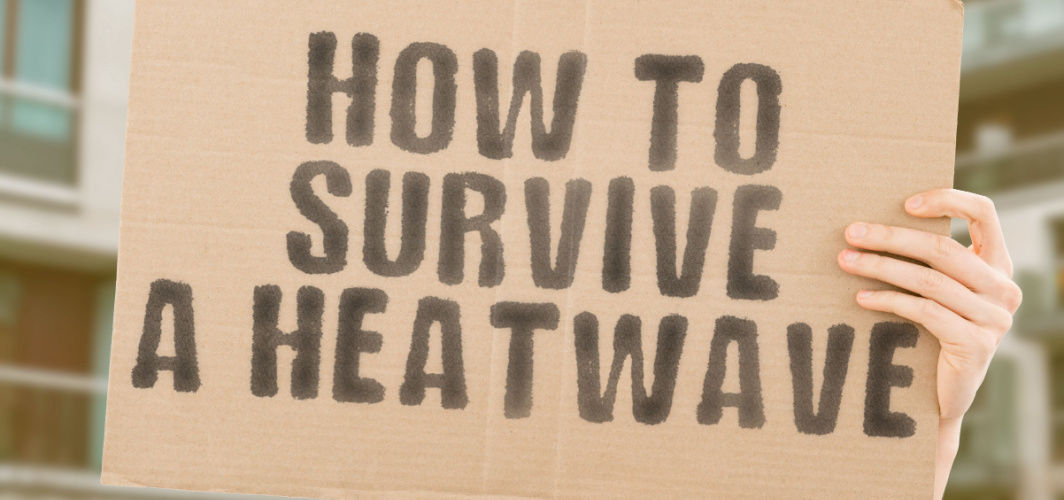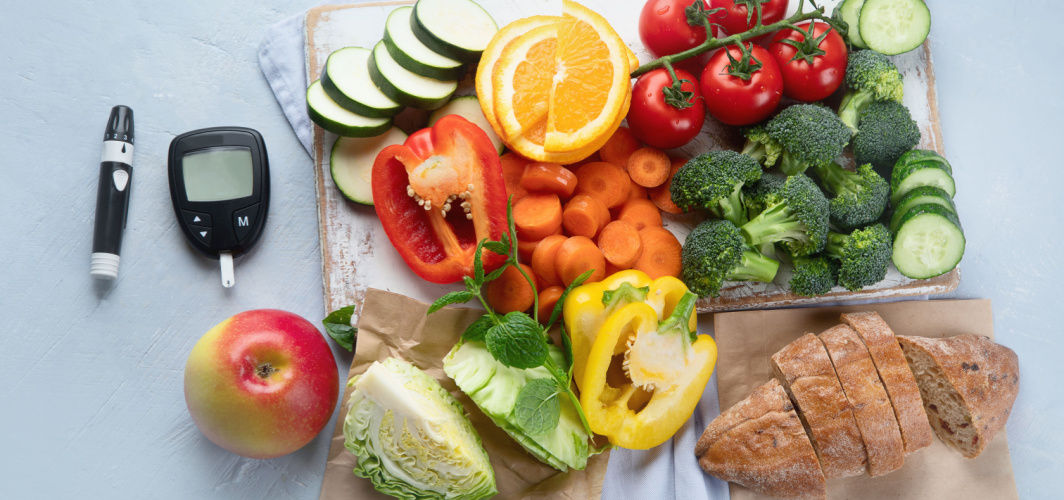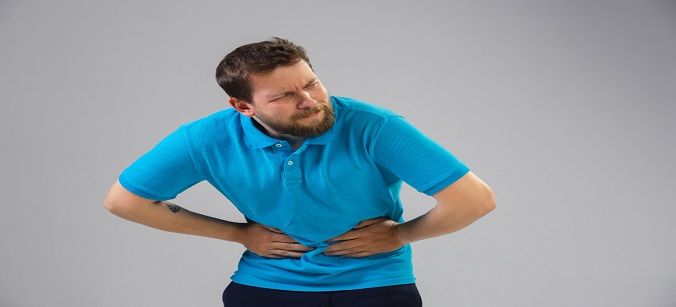General Health
Protection From Heatwave: Dos And Don'ts To Stay Safe And Healthy
3 min read
By Apollo 24|7, Published on - 22 May 2023, Updated on - 16 June 2023
Share this article
0
0 like

The summer season is going to be extremely tough due to the increased intensity and frequency of the heat waves. These heatwaves can increase the risk of dehydration or overheating, leading to heat cramps, heat exhaustion, or heatstroke. It is crucial to take necessary precautions to avoid overheating and stay cool during a heatwave. Here are some essential tips to stay healthy and safe during the sweltering summer heat.
1. Spend Time in Air-conditioned Areas
It is recommended to stay in air-conditioned buildings as much as possible during a heatwave. Air conditioning is the most effective way to protect oneself from heat-related illnesses. If your home is not equipped with air conditioning, then you can use coolers or spend time in public facilities that have air conditioning.
2. Stay Hydrated
Keeping yourself hydrated is essential to beat the heat during summer. Drinking plenty of fluids, especially water frequently before you even begin to feel thirsty, helps keep your body hydrated. A minimum water intake of 3.7 litres for men and 2.7 litres for women from all foods and liquids is recommended. It's also best to avoid alcohol and drinks with high sugar content. However, ORS & sports drinks can help replace minerals and salt lost through sweating. You can also try beverages containing cooling herbs such as mint to help lower your body temperature.
3. Limit Outdoor Activity
During a heatwave, it is important to limit your outdoor activities, particularly during mid-day when the sun is at its hottest. Schedule any outdoor activities for the cooler hours of the day, such as between 4 am and 7 am or after 7 pm. If you must go outside, then stay in the shade as much as possible and carry plenty of water with you. It is also advisable to avoid strenuous activities during the hottest times of the day. If possible, consider postponing or cancelling any non-essential outdoor activities until the heatwave has passed.
4. Protect Yourself from the Sun
It's important to protect your skin from the sun by wearing sunscreen with a minimum of 30 SPF (Sun Protecting Factor) every day. Sunburns can make heat-related issues worse as they can limit the body's ability to cool down and lead to dehydration. When out in the sun, it's best to cover your head with a hat and take regular breaks indoors or in shaded areas to prevent heat exhaustion or heatstroke. Wearing light-coloured, loose-fitting clothes can also help you stay cool.
5. Keep Your Meals Light
During the hot weather, it's important to opt for lighter meals, such as salads. Eating lighter meals can help avoid increased heat generation during metabolic processing. It's also recommended to eat small amounts of food every few hours and make sure to include protein in each meal or snack.
6. Keep Your Body Cool
In order to keep the body cool, you can take a cold shower or bath to lower your body temperature. You can also use a cooling spray to keep your face cool. Another quick way to cool down is to put your feet and hands in cold water. Ankles and wrists are believed to have many pulse points where blood vessels are close to the skin, so this can help you cool down faster.
7. Restrict Alcohol Consumption
Alcohol consumption can lead to dehydration, which can be particularly dangerous if you are already struggling with hot weather. Additionally, alcohol can disrupt your sleep, which is already challenging in warmer temperatures. Therefore, it's important to consume alcohol in moderation during hot weather.
It’s essential to prioritise your health and take necessary precautions to stay cool and comfortable during hot weather. These tips can help you stay safe and healthy during a heatwave.
Consult Apollo’s Expert Dieticians
Medically reviewed by Dr Sonia Bhatt
General Health
Leave Comment
Recommended for you

General Health
Manage Diabetes With Meal Planning & Blood Glucose Monitoring
Discover effective meal planning and blood glucose monitoring techniques for better health. Make smart food choices with our practical guide.

General Health
A Complete Guide To Constipation: Causes, Home Remedies, and Red Flags
Constipation is a common digestive issue affecting millions worldwide. If not treated in time, it can affect regular routines and quality of life. Read on to know the common causes, home remedies, red flags and more.

General Health
Simple Carbohydrates vs. Complex Carbohydrates: Knowing the Difference
Explore the contrast between simple and complex carbohydrates. Enhance your nutritional awareness for a balanced diet and better health.
Subscribe
Sign up for our free Health Library Daily Newsletter
Get doctor-approved health tips, news, and more.
Visual Stories

Science-backed Home Remedies for Burns and Blisters
Tap to continue exploring
Recommended for you

General Health
Manage Diabetes With Meal Planning & Blood Glucose Monitoring
Discover effective meal planning and blood glucose monitoring techniques for better health. Make smart food choices with our practical guide.

General Health
A Complete Guide To Constipation: Causes, Home Remedies, and Red Flags
Constipation is a common digestive issue affecting millions worldwide. If not treated in time, it can affect regular routines and quality of life. Read on to know the common causes, home remedies, red flags and more.

General Health
Simple Carbohydrates vs. Complex Carbohydrates: Knowing the Difference
Explore the contrast between simple and complex carbohydrates. Enhance your nutritional awareness for a balanced diet and better health.
